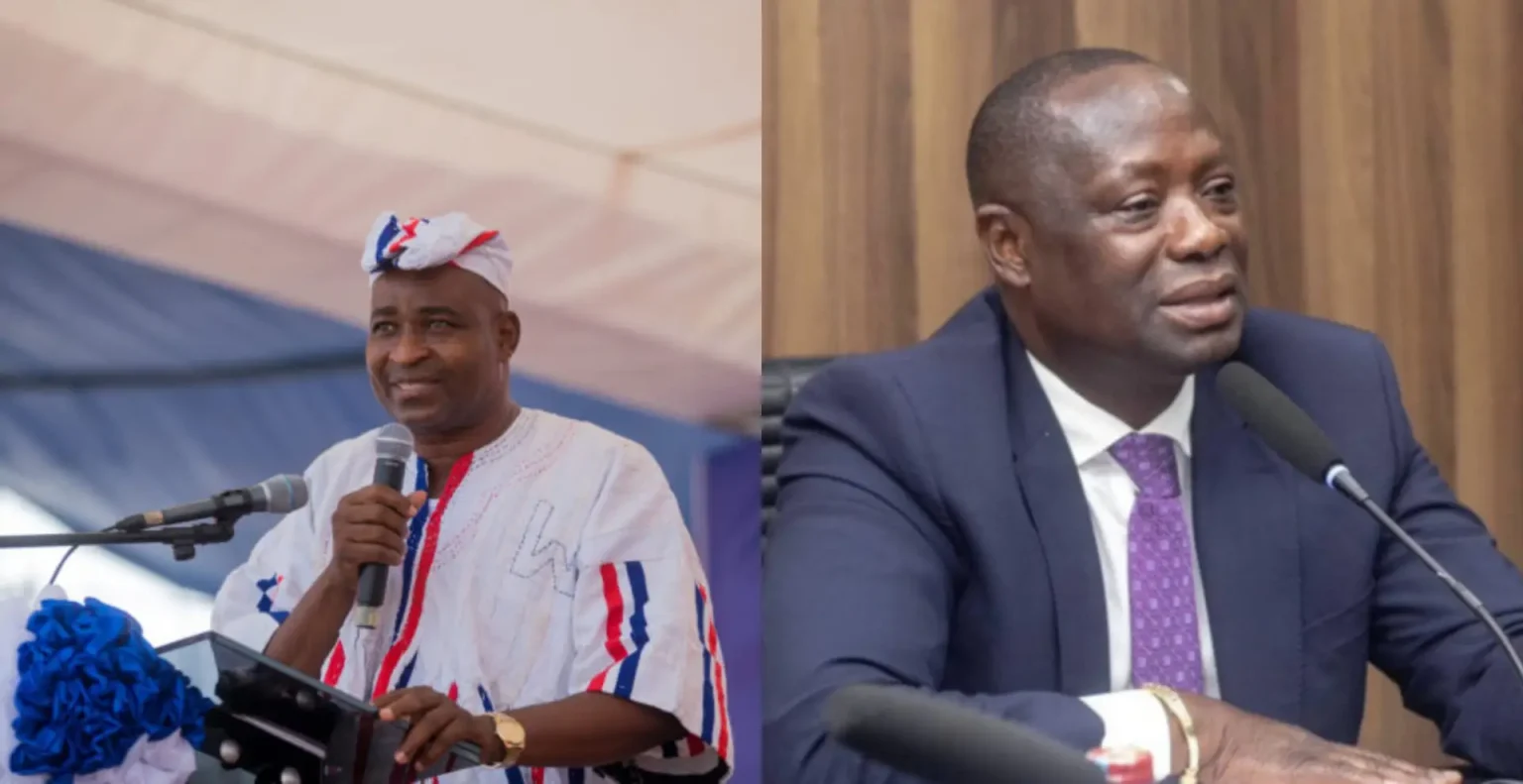Akonta Mining Company Limited, a Ghanaian mining entity, has initiated legal proceedings against the Minerals Commission and the Minister for Lands and Natural Resources, Emmanuel Armah Kofi Buah, seeking GH¢20 million in damages for defamation. The lawsuit centers on public pronouncements made by the defendants alleging Akonta Mining’s involvement in illicit mining operations within protected forest reserves. The company asserts that these statements have significantly tarnished its reputation, both domestically and internationally, leading to substantial financial losses and reputational harm. This legal action represents the latest chapter in a protracted dispute surrounding Akonta Mining’s operational practices and their environmental impact, a controversy that has attracted both national and global attention.
The core of Akonta Mining’s claim rests on the argument that the statements issued by the Minerals Commission and Minister Buah were not only defamatory but also widely disseminated through various media channels, amplifying the alleged damage to the company’s image. Akonta Mining maintains that its operations have been consistently misrepresented and that it has been unjustly accused of engaging in illegal mining activities. The company contends that the defendants’ statements, lacking factual basis and driven by malicious intent, have caused irreparable harm to its business and reputation. The GH¢20 million sought in damages encompasses both general damages for the defamatory statements themselves and special or aggravated damages for the widespread publication of the alleged libel.
Beyond financial compensation, Akonta Mining is pursuing a comprehensive remedy from the High Court. The company is demanding a full retraction of the allegedly defamatory statements and an unqualified public apology from the Minerals Commission and Minister Buah. This retraction and apology, Akonta Mining insists, must be disseminated across a broad spectrum of media platforms, including traditional broadcast channels like radio and television, as well as prominent social media platforms such as Facebook, YouTube, Instagram, and X (formerly Twitter). This multi-platform approach reflects the company’s desire to counteract the extensive reach of the initial allegedly defamatory statements.
Furthermore, Akonta Mining is seeking a perpetual injunction to prevent the defendants from issuing any further defamatory remarks. This preventative measure aims to protect the company from future reputational damage and ensure that the alleged misinformation campaign against it is permanently halted. The company also seeks to recover all legal costs and related expenses incurred in pursuing this lawsuit, emphasizing the financial burden imposed by the defendants’ alleged actions.
This legal battle reignites a broader debate concerning accountability and transparency within Ghana’s mining sector. The case underscores the complexities of balancing environmental protection with economic development, particularly in a sector often plagued by allegations of environmental degradation and corruption. The way in which such allegations are handled in the public sphere, and the potential consequences for the reputation of companies operating in this sector, are brought sharply into focus by Akonta Mining’s lawsuit. The case highlights the importance of responsible communication and due process in addressing sensitive environmental concerns, and raises questions about the potential chilling effect on public discourse surrounding mining practices if allegations are perceived as unduly damaging to companies’ reputations.
The Akonta Mining case illustrates the challenges of achieving a balance between freedom of expression and the protection of reputation within the context of Ghana’s mining industry. The High Court’s decision in this matter will likely have significant implications for how future allegations of environmental malpractice and corruption are handled. The outcome of the case could potentially set a precedent for how public officials and regulatory bodies communicate about sensitive environmental issues and the level of scrutiny they face when making public statements about companies operating in the mining sector. This case serves as a stark reminder of the high stakes involved in navigating the complex interplay between environmental protection, economic development, and reputational concerns in a resource-rich nation like Ghana.














